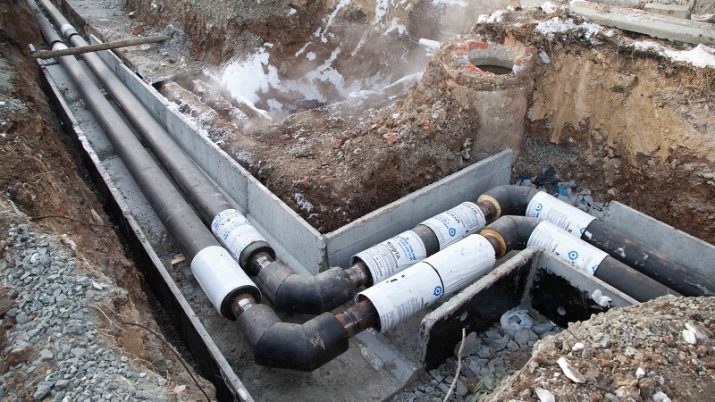All about the profession of a locksmith of heating networks
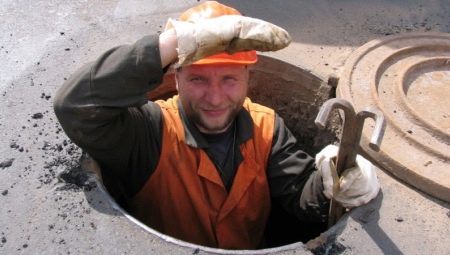
The word "locksmith" is usually associated with industrial plants and "smoky" workshops. However, such specialists also work in many other areas. Knowing all about who he is locksmith of heating networks, it will be easy to understand whether it is worth pursuing such an activity or not.
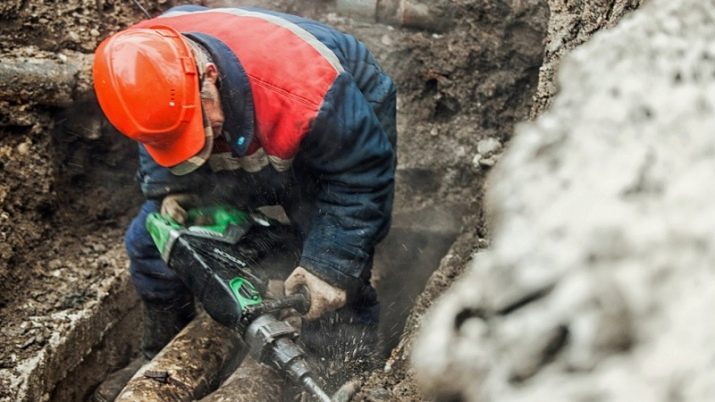
Description of the profession
The position of a locksmith of heating networks consists in the maintenance of water and steam pipelines, various machines and apparatus used in the production and supply of heat to consumers. This specialist is a representative of the working personnel. Such a worker should not be confused with a stoker or stoker. The activity of a "heat locksmith" is more complex. To successfully complete the emerging tasks, it is imperative to understand thermal technology and the physical laws that determine its operation.
The locksmith of heating networks is often remembered in cases when something goes wrong. But if the heating networks operate smoothly, it means that he is doing his job flawlessly. The main objects of application of forces for such a specialist are made of metal.
This determines the increased level of requirements for physical condition and forces one to own the appropriate tools. Such a profession is not suitable for those who have impaired functioning of the sense organs, cardiac and respiratory activity, and the central nervous system.

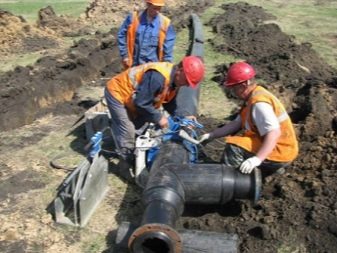
Responsibilities
A typical job description of a locksmith for the repair of heating network equipment prescribes the following duties for him:
- regular bypasses of heating mains;
- prevention of pipeline flooding with groundwater;
- monitoring the condition of drainages, mud wells and sedimentation tanks, organizing pumping out of them, if necessary, of water and cleaning of dirt;
- maintaining in working order of pipelines, shut-off and control valves, supports, main and auxiliary metal structures, working equipment;
- control of air pollution in critical places;
- implementation of preventive and repair work on entrusted equipment (pumps, vessels, pipelines, fittings, and so on);
- painting of metal structures and marking them in the established manner.
The work of a locksmith in servicing equipment and heating points, however, does not end there. It is also mandatory to participate in major and periodic repairs of heating networks (together with regular or emergency teams). This specialist is also involved in the installation and maintenance of reinforced concrete elements in chambers, wells, collectors. Without it, there will be no one to carry out technical studies of the state of heating systems, repair of rigging and other special devices. The production of hydropneumatic washes, hydraulic thermal strength tests are also the duties of a locksmith.
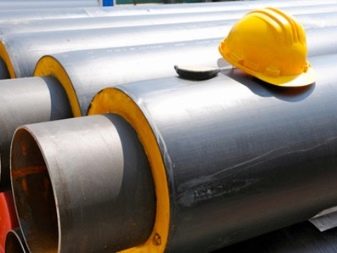

In ETKS for specialists of the 2nd category it is indicated that they:
- arrange fences around foundation pits and temporary bridges;
- planning and equipping the foundation for rolling;
- help electric and gas welders to work in problem areas;
- control flange fittings and repair them;
- arrange a cushion of sand or gravel under the asphalt when the pipeline is being repaired;
- perform rigging work.
The third category in ETKS implies a willingness to work with parts in 4 or 5 accuracy categories. A locksmith of this level can draw up full-scale diagrams of simple parts. He cuts and welds sheets, metal profiles of a simplified configuration, works together with a welder and a welding machine on the heating main. When a fitter of heat networks of the 3rd category performs rigging work, he uses basic mechanization tools. Of course, the requirements for specialists of the 4th category are somewhat broader and the tasks are more responsible.
They must do:
- fitter fit for 2 or 3 categories of accuracy;
- various technological manipulations on pipelines using working tools of a special level and measuring instruments;
- assessment of the wear and tear of various parts of heating networks;
- assembly and installation of wells;
- rigging with lifting mechanisms;
- testing of rigging systems and equipment;
- repair of various actuators on valves;
- work with drain pumps, connector surfaces and flange connections.
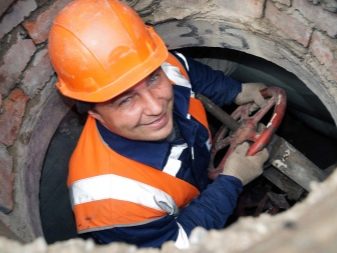
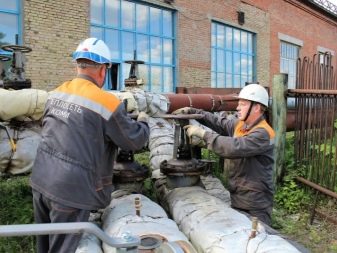
Requirements
A locksmith in the thermal industry must know:
- pipeline laying diagrams;
- optimal operating modes of heating systems;
- sequence of performance of working operations;
- preventive maintenance (PPR) standards;
- methods of using control and measuring equipment, working tools;
- basic test methods for pipeline valves;
- classification of pipelines, features of their use and functioning;
- requirements for the safe operation of systems under pressure.
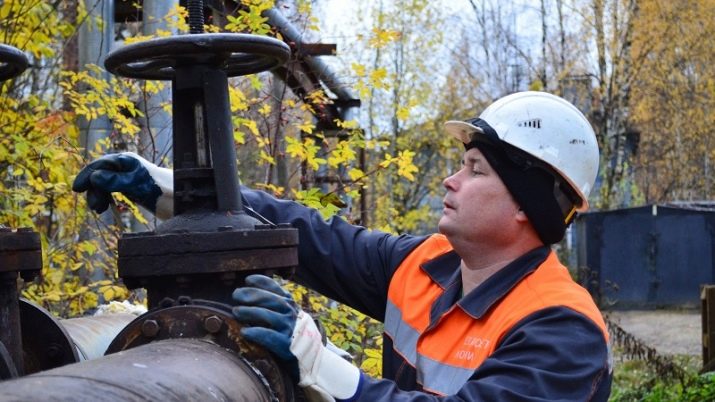
Education
The training of locksmiths of the thermal economy is carried out in the following educational institutions:
- Polytechnic College of Urban Economy (St. Petersburg);
- College of Business and Technology at the University of Economics (St. Petersburg);
- State College of Heat Supply and Automatic Control Systems (Nizhny Novgorod);
- Ural Polytechnic College;
- Mining and Ceramic College (Chelyabinsk branch of SUSU);
- Samara State College.
Also recommend:
- Polytechnic College # 8 in Moscow;
- industrial and technological college in Yekaterinburg;
- technical school of the construction industry in Tyumen;
- Sormovsky Mechanical College (Nizhny Novgorod).
In addition, training can be taken in production, and then passed the exams of the production commission and receive a qualification.
Place of work
Locksmith of heating networks can find a job in heat generating and heat distribution companies. This specialist works in boiler rooms and distribution points. Relevant vacancies open and in management companies of housing and communal services.
Locksmiths for the repair and maintenance of heating networks are needed in various regions. Therefore, they should not be short of suggestions.
